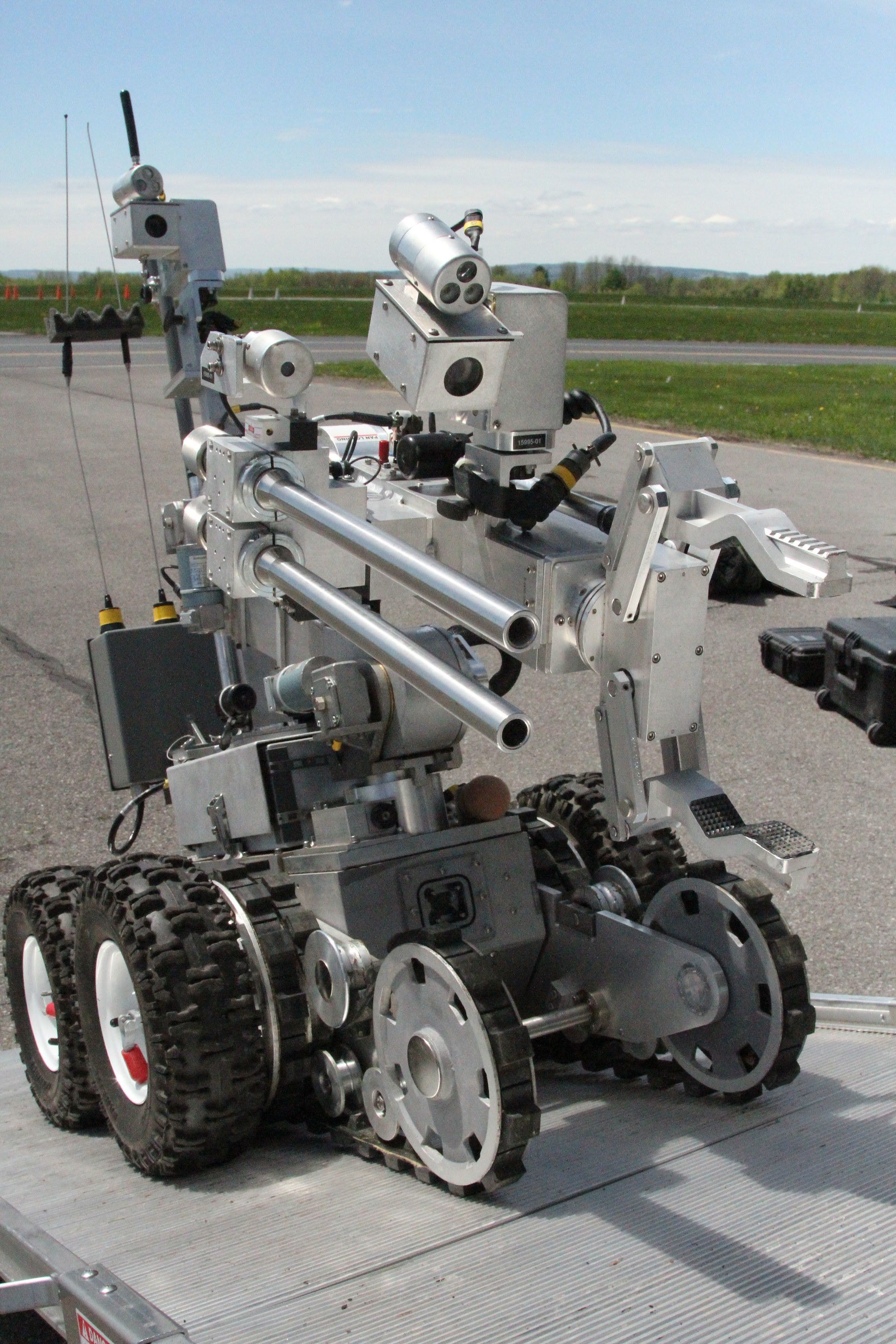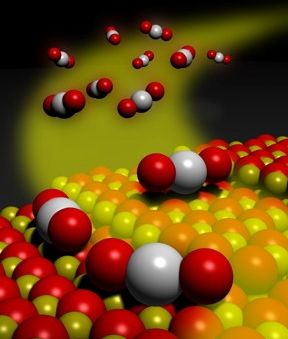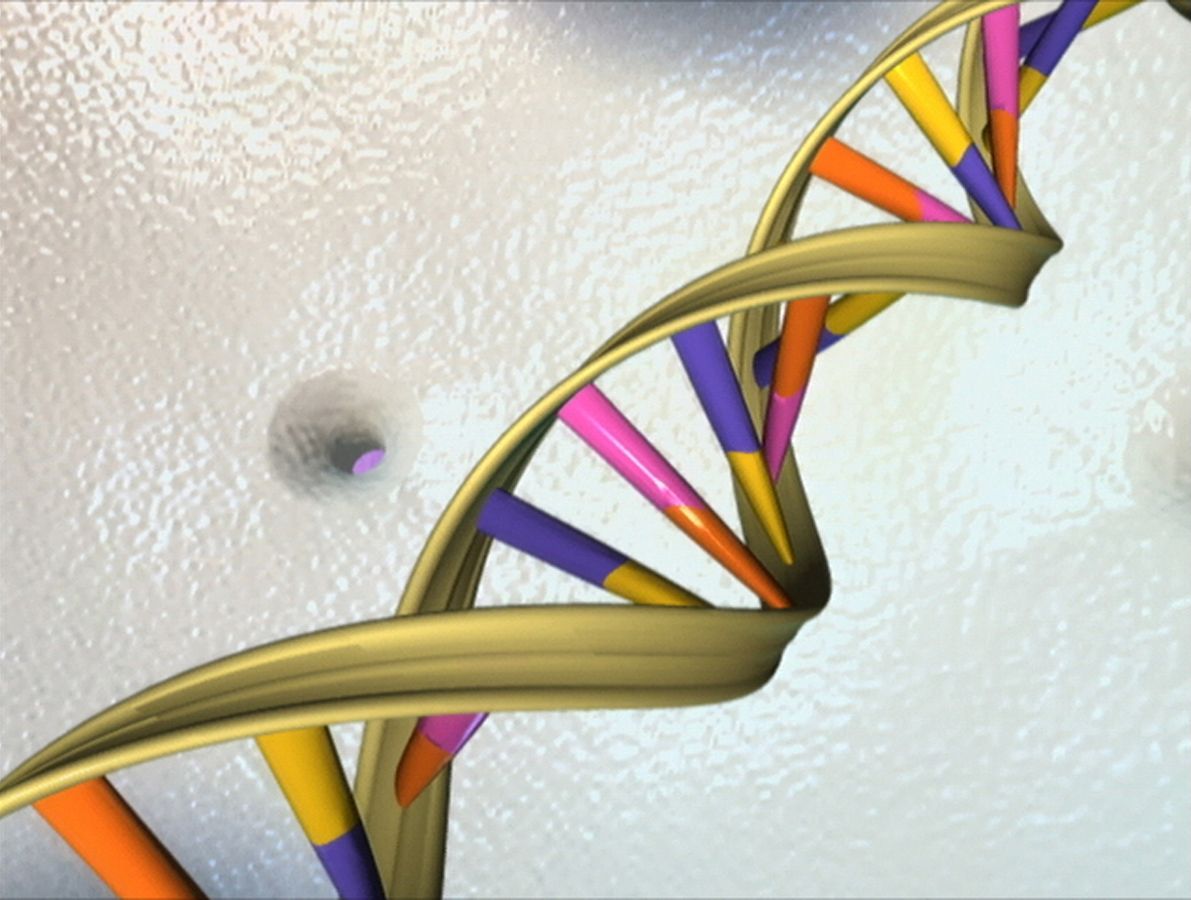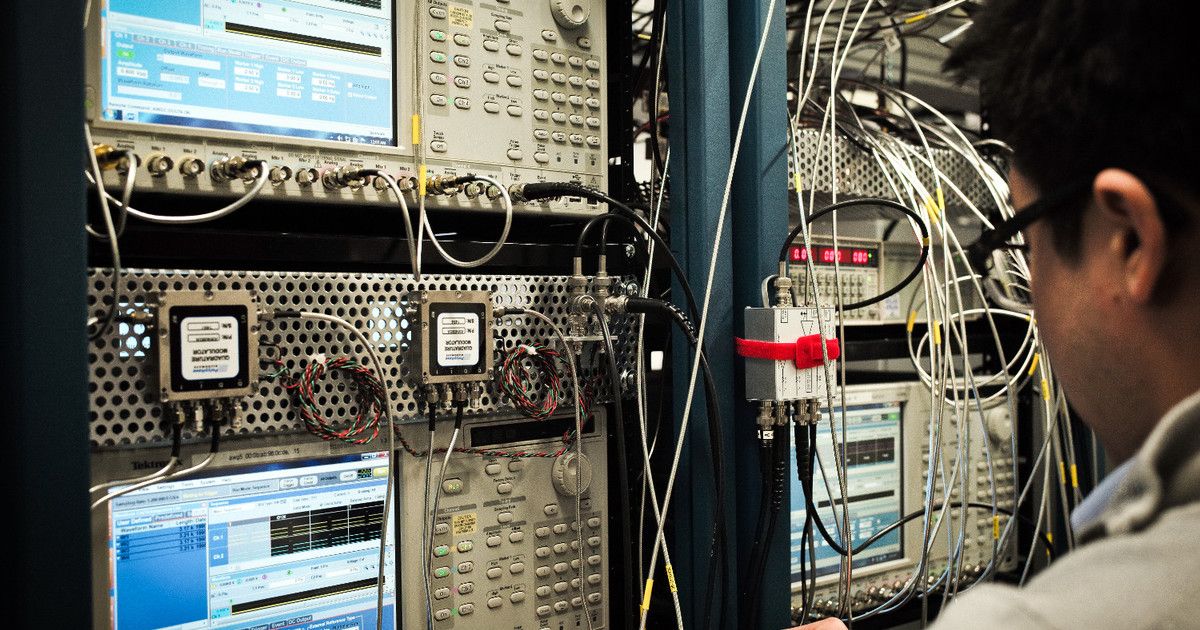Page 10766
Jul 8, 2016
A Flexible Evolving Approach To Computing
Posted by Karen Hurst in categories: computing, nanotechnology, singularity
To truly reach a fully connected world/ singularity we have to move tech into more and more bio-computing world. I do believe QC will assist us in getting the fundamental infrastructure we need for singularity.
We already must deal with computers too much rather than too little, and there is already lots of advanced computing done also for example in materials science and nanotechnology, for example molecular dynamics (MD) and Monte Carlo simulations.[2] The molecular biologist’s programs for predicting protein folding can also count as nanotechnology. Nevertheless, all of our previous articles concluded that we need more computing, and several mentioned statistics. This would sound predictable if coming from a statistical physicist with a background in computing, advertising his skills. However, we mean a more efficient computing rather than simply more.
We started the type of computing we do only recently and for reasons not yet mentioned: Given complex nano-micro compounds, materials’ characterization is difficult due to the three-dimensional complexity of the structures. We originally integrated image analysis with simulation in order to derive 3D structure from 2D images (SEM) and projections (TEM).[3,4] The most fruitful result was however the insight into how easy it is to create adaptable software that analyzes images and keeps track of all the data, calculating anything desired such as comparisons with numerical simulations, all in one integrated system.[5,6] Many of the previously discussed issues, for example error reporting, are thereby basically already automatically solved!
Adapting software sounds prohibitively difficult: Who in my lab can modify software? Nowadays everybody! Today, programming is done partially graphically, for example with LabView™, where no programming language appears anymore. We work with Mathematica and therefore with programming code, but we mostly just download parts of code and adapt them playfully until they behave as desired. To whomever such does not count as the ability to program, we cannot program!
Continue reading “A Flexible Evolving Approach To Computing” »
Jul 8, 2016
We might finally have a way to build circuits for the world’s first quantum computers
Posted by Karen Hurst in categories: computing, quantum physics
Another article on QC where the author is not well connected or knowledgeable about the details on QC’s advancement on entanglement. I suggest the author to learn about the use of Synthetic Diamonds in controlling and managing entanglement plus we now have a way to detect & trace high-dimensional entanglement that I shared 20 days ago. I suggest if authors wish to write on QC please make sure that you have the latest information so that your better informed.
The computers of today have just about hit their limits, and scientists around the world are scrambling to build the first viable quantum computer — a machine that could increase processing speeds 100-million-fold.
The biggest challenge in scaling up a quantum computer is figuring out how to entangle enough quantum bits (qubits) to perform calculations, but a team of engineers in the US say they might finally have a solution.
Jul 8, 2016
Scientists create a ‘HUMAN-on-a-chip‘
Posted by Karen Hurst in category: biotech/medical
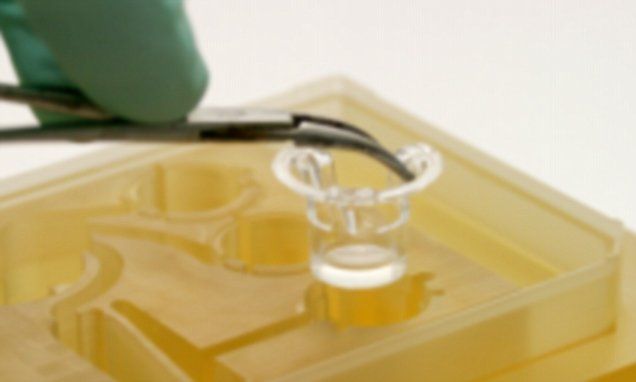
Awesome!
Scientists have harvested seven miniature human organs and combined them to create a ‘human-on-a-chip’.
Jul 8, 2016
Researchers improve catalyst efficiency for clean industries: Method reduces use of expensive platinum
Posted by Karen Hurst in categories: nanotechnology, particle physics
Nice.
Abstract: Researchers have developed a way to use less platinum in chemical reactions commonly used in the clean energy, green chemicals, and automotive industries, according to a paper in Science.
Led by the University of New Mexico in collaboration with Washington State University, the researchers developed a unique approach for trapping platinum atoms that improves the efficiency and stability of the reactions.
Jul 8, 2016
How synthetic biology will make more money than the entire computer industry
Posted by Karen Hurst in categories: bioengineering, biological, computing, economics
Jul 8, 2016
New record in microwave detection
Posted by Karen Hurst in categories: computing, nanotechnology, quantum physics
Aalto University scientists have broken the world record by fourteen fold in the energy resolution of thermal photodetection.
The record was made using a partially superconducting microwave detector. The discovery may lead to ultrasensitive cameras and accessories for the emerging quantum computer.
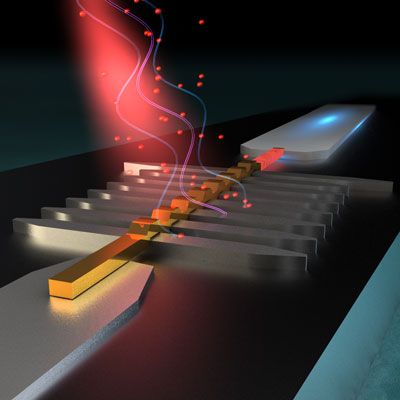
Jul 8, 2016
How Technology Could Facilitate and then Destroy Legal Immigration
Posted by Zoltan Istvan in categories: drones, law, robotics/AI
My new article on the future of immigration and technology (chipping refugees, AI immigration, and walls vs drones):
We need some authoritative measures to guarantee safe and effective immigration. But then, the robots come.
Jul 8, 2016
How Feynman Diagrams Almost Saved Space
Posted by Karen Hurst in category: quantum physics
Quantum theory amplified Maxwell’s revolution.
Richard Feynman’s famous diagrams weren’t just a way to do calculations. They represented a deep shift in thinking about how the universe is put together.
Jul 8, 2016
Google to experiment with quantum computing-ready algorithms in Chrome
Posted by Karen Hurst in categories: computing, information science, quantum physics, security
Google advances on QC with Chrome.
In preparation for a quantum computing future, Google is testing post-quantum algorithms in Chrome to ensure security in the future.
